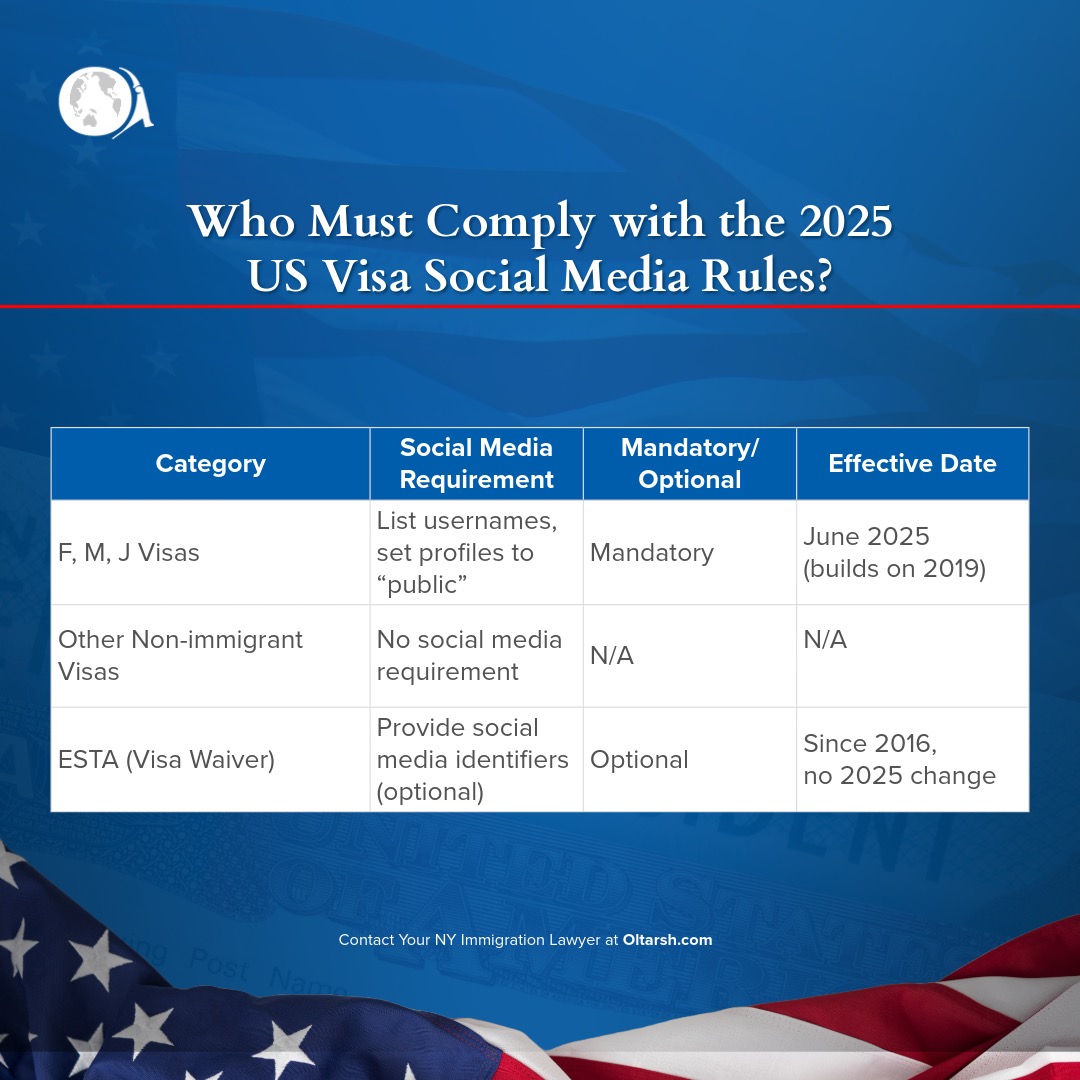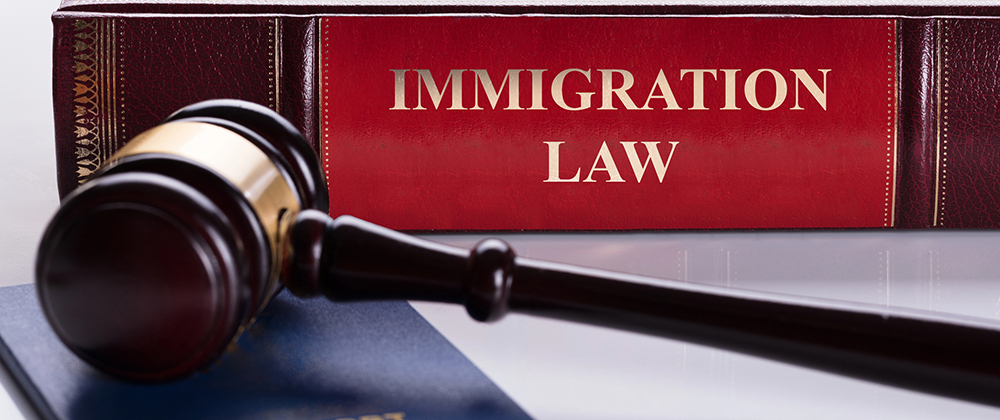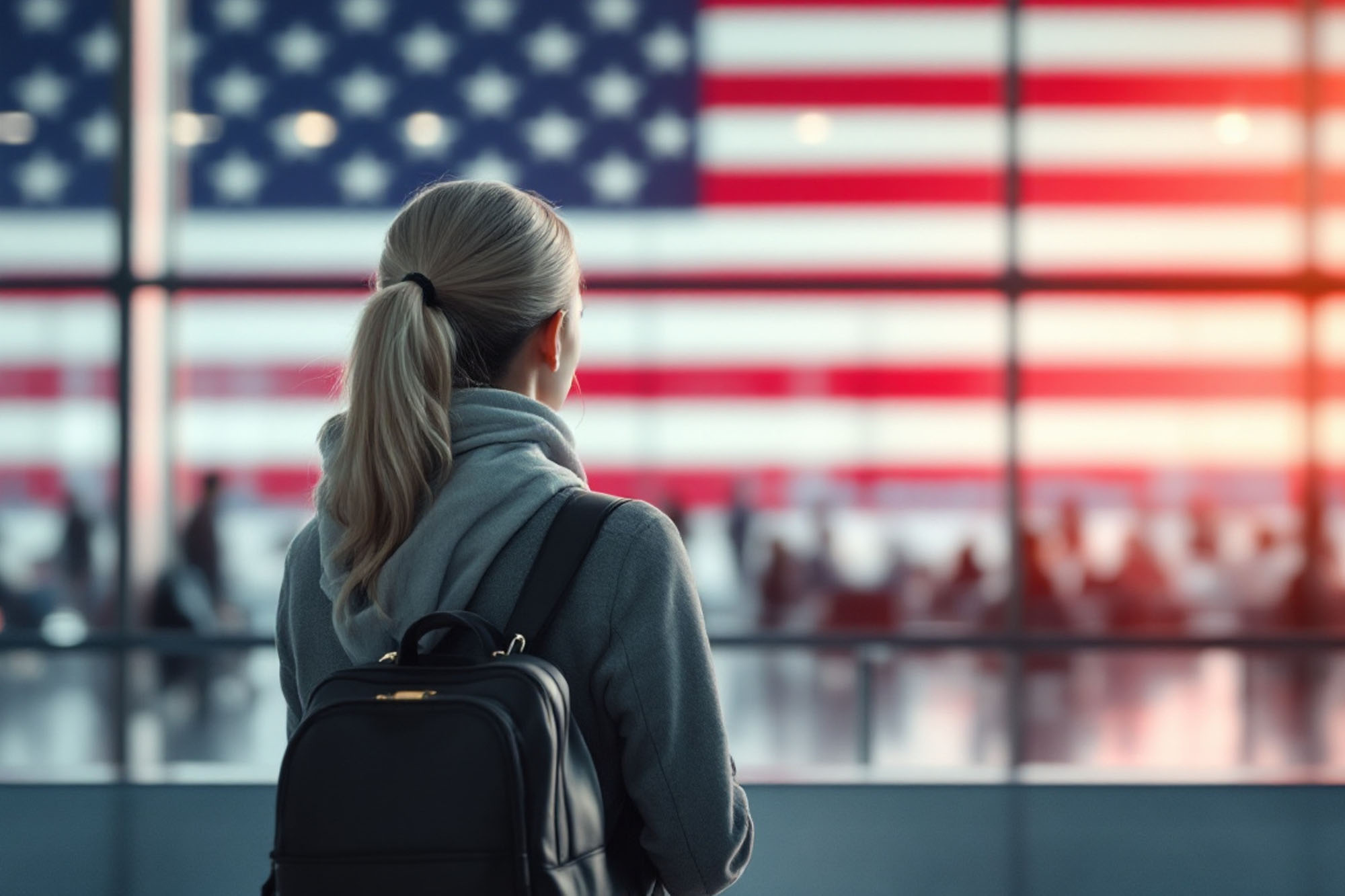As of June 2025, the US Department of State requires applicants for F (academic student), M (vocational student), and J (exchange visitor) visas to disclose social media usernames from the past five years and set their profiles to “public” for vetting. This policy, exclusive to these visa categories, does not apply to other nonimmigrant visas (e.g., B1/B2, H-1B) or the Visa Waiver Program (ESTA), where social media disclosure is optional. Driven by national security concerns, particularly fears of foreign influence through academic and cultural exchanges, the requirement has raised privacy issues. This guide details the 2025 US visa social media rules, their political context, compliance steps, and how Oltarsh & Associates, P.C. can help avoid visa denials.
Who Must Comply with the Social Media Requirement?
The policy applies only to:
- F-1 Visas: For students at universities or colleges.
- M-1 Visas: For vocational or non-academic programs.
- J-1 Visas: For exchange visitors, such as scholars, interns, or au pairs.
Other nonimmigrant visas, like B1/B2 (tourist/business) or H-1B (work), are exempt. For ESTA applicants under the Visa Waiver Program, the social media question is optional.

Details of the 2025 US Visa Social Media Rules
For F, M, and J visa applicants:
- Disclose Usernames: List all social media handles used in the past five years on the DS-160 form, including platforms like Facebook, Twitter/X, Instagram, LinkedIn, YouTube, TikTok, and regional platforms (e.g., WeChat, VK).
- Set Profiles to Public: Adjust privacy settings to “public” to allow US authorities to review posts, as required by the US Embassy.
Non-compliance, such as omitting accounts or keeping profiles private, may result in:
- Visa denial
- Future US entry bans
For ESTA applicants, the optional social media question poses no mandatory requirements.
Why Was This Policy Implemented?
The US Department of Homeland Security (DHS) and the State Department introduced this policy to strengthen vetting for student and exchange visitor programs, which often involve extended US stays. The policy builds on a 2019 requirement for social media identifiers, with the 2025 update mandating public profiles. The Trump administration’s claimed rationale is heightened concerns about foreign influence, particularly from adversarial nations, through academic and cultural exchanges. US officials allegedly aim to detect potential security risks, such as espionage, extremist affiliations, or propaganda dissemination, by scrutinizing online activity. This reflects broader national security priorities amid geopolitical tensions, where policymakers cited the need to counter foreign agents posing as students or scholars.
Impact on Applicants
The requirement affects applicants as follows:
- F-1 Visa Applicants: Students must ensure their social media aligns with their academic purpose, as universities depend on timely visa approvals. Controversial posts could jeopardize enrollment.
- M-1 Visa Applicants: Vocational students face similar scrutiny, with public profiles checked for consistency.
- J-1 Visa Applicants: Exchange participants risk losing cultural or professional opportunities if flagged for concerning online activity.
ESTA applicants face no mandatory requirements, simplifying the process for short-term visitors.
Privacy Concerns
The policy has raised significant privacy concerns. Critics argue it resembles authoritarian surveillance, risking:
- Misinterpretation: Posts taken out of context could flag applications.
- Exposure: Public profiles are accessible to anyone, not just US authorities.
- Discrimination: Political or personal views might unfairly influence visa decisions.
The DHS assures:
- Data is used only for security vetting.
- Information is protected under the Privacy Act of 1974.
- Social media data is stored securely and not shared publicly.
However, applicants remain wary, as public profiles increase exposure risks. An immigration attorney can help mitigate these concerns.
5 Tips for Compliance
To ensure a smooth F, M, or J visa application:
- List All Accounts: Include every social media platform used in the past five years, even inactive or deleted ones. Contact platform support to recover old usernames.
- Set Profiles to Public: Adjust privacy settings to “public” before submitting the DS-160 form.
- Be Honest: Omitting accounts or providing false information risks visa denial and bans.
- Review Public Posts: Check for content that could be seen as extremist or threatening.
- Consult an Immigration Attorney: Firms like Oltarsh & Associates can ensure compliance and review your online presence.
FAQ: Social Media Requirement Questions
Q: Do I need to report deleted accounts for F, M, or J visas?
A: Yes, list all usernames used in the past five years, even for deleted accounts.
Q: What if I forget an account?
A: Omitting an account could lead to visa denial. Review your social media history carefully.
Q: Can posts lead to visa denial?
A: Posts deemed extremist or threatening may raise concerns. An attorney can advise on managing your online presence.
Q: Is my data safe?
A: The DHS claims data is protected, but public profiles increase exposure risks.
Q: Does this apply to ESTA applicants?
A: No, the social media question for ESTA is optional.
Why Choose Oltarsh & Associates?
The US visa process is complex, especially with social media requirements. Oltarsh & Associates, a New York-based immigration law firm, offers:
- Expert Guidance: Ensuring your DS-160 form is accurate and compliant.
- Personalized Support: Tailored advice for F, M, or J visa applicants.
- Proven Success: Decades of experience securing US visas.
Contact Oltarsh & Associates to streamline your application.
Conclusion
The 2025 US visa social media rules for F, M, and J US visa applicants mandate listing usernames and setting profiles to “public” to address national security concerns, particularly foreign influence in academic and exchange programs. Other visas and ESTA are exempt, with ESTA’s social media question remaining optional. Despite security aims, the policy raises privacy concerns due to public profile exposure. With expert help from Oltarsh & Associates, applicants can navigate the process confidently.





